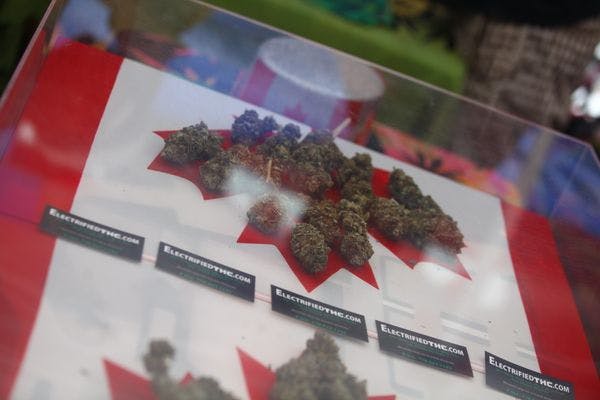Flickr - GoToVan - CC BY 2.0
Le Canada a-t-il tenu ses promesses deux ans après avoir légalisé le cannabis?
Si la légalisation du cannabis a contribué à réduire l'impact de la répression antidrogue sur les communautés racialisées, des défis importants restent à relever. Pour en savoir plus, en anglais, veuillez lire les informations ci-dessous.
By Ian Austen / The New York Times
The recreational use of cannabis was legalized in Canada two years ago, and when the government of Prime Minister Justin Trudeau made its legalization pitch to the country, it was stories like Robert’s — a life derailed by a possession charge — that most resonated with many Canadians.
Legalization, the government vowed, would address the inequalities in a criminal justice system where marijuana and hashish penalties and prosecutions — and the lifelong burdens they impose — had fallen disproportionately on marginalized communities, particularly Black Canadians and Indigenous people.
That promise has largely been kept, with legalization essentially ending what Akwasi Owusu-Bempah, a professor of sociology at the University of Toronto who studies race and policing in Canada, called the “heavily racialized” arrests for marijuana possession.
But some other key promises, and hopes, that came with Canada being the first industrialized nation to legalize marijuana remain unfulfilled. The for-profit industry it created has struggled. Pot sales outside the legal system still thrive. Indigenous communities feel their needs are being ignored. And the injustices that came from criminalizing pot in the past have yet to be fully remedied.
